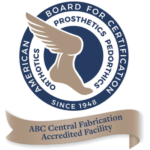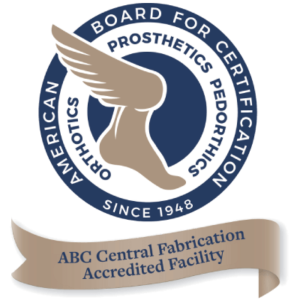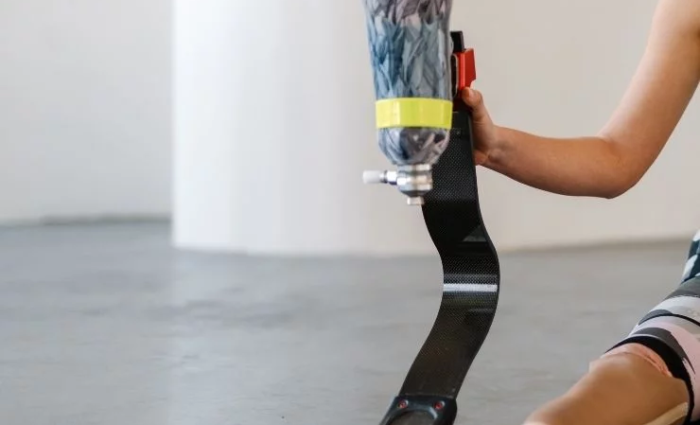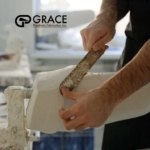How to help patients maintain their prosthetics with proper care.
Prosthetics play a massive role in improving the quality of your patients’ lives. They help restore limb function. Patients often need time to get used to wearing the device after they fit it for the first time. As you guide them through this process, one crucial step will be to teach them proper prosthetic care and maintenance.
Aside from learning to use prosthesis, patients should also know how to care for their device. This will ensure it stays comfortable and lasts a long time. So, to help them with this, check out the guidelines below to ensure they keep their prosthetic in the best possible condition.
General Prosthetic Care Guidelines
To start, here are some routine prosthetic care instructions you can give your patients.
Daily Cleaning: Cleaning your prosthesis daily is important to get rid of all the dirt and bacteria that accumulates after a long day. To do this, wash the limb and socket with a mild soap, rinse it with water, and then dry with a towel wet with warm water. Allow the device to dry before wearing it again.
Perspiration: Perspiration is a common concern patients may have while wearing their prostheses. Not only is it uncomfortable to have sweat soak into the device, but it can also lead to skin irritation and other similar concerns. They can sprinkle their prosthesis with some baking powder, change to a new pair of prosthetic socks, or remove the device and dry the liner off first.
Storage: Another important aspect of prosthetic care is storage. You can tell your patients to store their prosthetic device in its box or prop it against a stable wall where it will not get knocked over. Likewise, they should not place their prosthesis in a hot environment like direct sunlight.
Skincare: Proper residual limb skincare is essential to prevent fungal growth and infections. Aside from washing the limb daily, your patient should also examine it before and after they wear their prosthesis. The key here is to check for redness, tears, tenderness, scrapes, and other abrasions that may need medical attention.
Water Damage: Patients should not wear their prosthesis when bathing, showering, or swimming. Water can corrode and damage the device. The only exception is if you get them a custom waterproof prosthetic that can be used in water activities.
Other Useful Tips for Prosthetic Care
Beyond the basic prosthetic care guidelines listed above, here are other useful tips to give your patients:
● Do not hesitate to contact your prosthetist if you have questions, concerns, or problems with your prosthesis.
● Follow your wearing schedule as prescribed by your doctor. Check your skin for signs of skin irritation.
● Remove your device before going to bed and examine it for signs of damage or loose parts.
● Carry extra gel liners and prosthetic socks with you, so you can change into them when needed. This is especially important if you exercise.
● Make sure to wear your prosthetic with the appropriate shoe heel height to avoid discomfort and safety problems.
● Do not change or make repairs to the prosthesis. Instead, consult with your prosthetist on what adjustments and alterations you want to get done.
● Avoid shaving your residual limb since this can cause ingrown hairs, skin breakdown, or wounds.
● Wipe the outside of your socket with rubbing alcohol or antibacterial wipes daily to prevent bacterial growth.
Get High-Quality Prosthetics for Your Patients from Grace Prosthetic Fabrication
It is important to help your patients learn proper prosthetic care and maintenance to keep their device in top condition. Before anything else, you should get quality prosthetics for your patients to help them through their healing journey.
At Grace Prosthetic Fabrication, we uphold the highest standards in central fabrication. Regardless of your needs, we aim to create orthotics and prosthetics that provide the optimal fit and comfort for your patients. Call us today at 1-800-940-5437 to schedule a free consultation.






